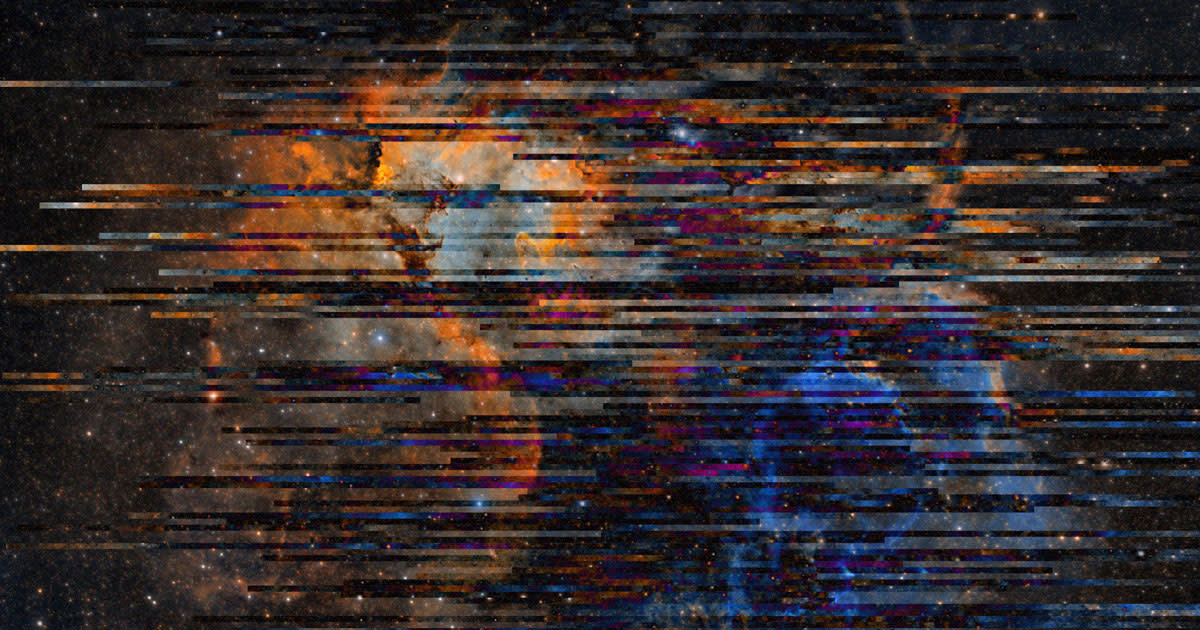Physicists Say They May Have Found a Powerful Glitch in the Universe

- Oops!Something went wrong.Please try again later.
Einstein 2.0
Researchers have discovered what they're calling a "cosmic glitch" in gravity, which could potentially help explain the universe's strange behavior on a cosmic scale.
As detailed in a new paper published in the Journal of Cosmology and Astroparticle Physics, the team from the University of Waterloo and the University of British Columbia in Canada posit that Albert Einstein's theory of general relativity may not be sufficient to explain the accelerating expansion of the universe.
Einstein's "model of gravity has been essential for everything from theorizing the Big Bang to photographing black holes," said lead author and Waterloo mathematical physics graduate Robin Wen in a statement about the research. "But when we try to understand gravity on a cosmic scale, at the scale of galaxy clusters and beyond, we encounter apparent inconsistencies with the predictions of general relativity."
"It's almost as if gravity itself stops perfectly matching Einstein's theory," he added. "We are calling this inconsistency a 'cosmic glitch': gravity becomes around one percent weaker when dealing with distances in the billions of light years."
Glitchuationship
In response, the team came up with a new model of such a "glitch" that modifies Einstein's theory to resolve these inconsistencies.
"Think of it as being like a footnote to Einstein's theory," Wen said in the statement. "Once you reach a cosmic scale, terms and conditions apply."
It's one possible solution for a problem that astronomers and physicists have been racking their brains over for decades.
"Almost a century ago, astronomers discovered that our universe is expanding," explained coauthor and University of Waterloo astrophysics professor Niayesh Afshordi. "The farther away galaxies are, the faster they are moving, to the point that they seem to be moving at nearly the speed of light, the maximum allowed by Einstein's theory."
"Our finding suggests that, on those very scales, Einstein's theory may also be insufficient," he added.
According to Afshordi, their suggested patch for a "cosmic glitch" is only the beginning.
"This new model might just be the first clue in a cosmic puzzle we are starting to solve across space and time," he said.
More on the expansion of the universe: Physicists Suggest Universe Is Full of Material Moving Faster Than Light

